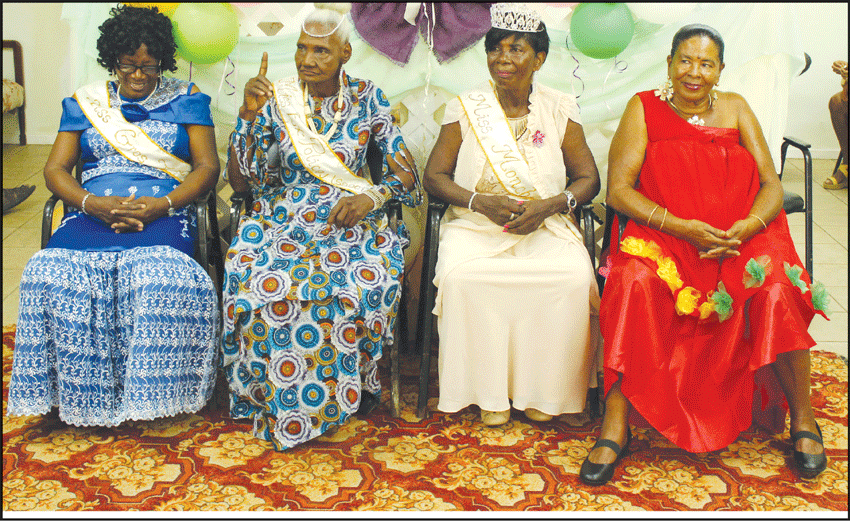HELPAGE and Saint Lucia National Council Of and For Older Persons earlier this month called for ‘positive treatment of our elders’, in observance of World Elder Abuse Awareness Day.
Based on World Health Organisation (WHO) reports as of June 2018, one in six people 60 years and older are exposed to a form of abuse while they received care in a community or institutional setting.
Abuse of elders, whether in institutions or community settings or not, refers to any form of action that creates harm or distress for an elder person.
Elders are increasingly abused but, they often do not report it because they are afraid. As a result, elder-abuse cases often go un-reported.
However, despite the under-reported estimates of elder abuse, evidence shows that this problem continues to be a public health challenge here, like so many other places in the world.
Elderly abuse can result in adverse psychological, physical or financial consequences. It can also involve neglect and sexual assault.
Estimates from the WHO indicate that psychological abuse tends to be most prevalent among elders, is followed by physical, financial, neglect and sexual abuse.
Those who are abusive to elders may restrain them from physically engaging in activity, undermine their sense of dignity and fail to provide them with sufficient care, medicate them inappropriately, or fail to attend to their emotional well-being.
As the population of elders grows rapidly, what can be done in St Lucia to promote the positive treatment of our elders?
While the Saint Lucia Ministries of Health and Wellness, Equity and Social Justice, as well as organisations such Helpage and the Saint National Council Of and For Older Persons have taken a stance as well as held activities to counteract elder abuse, more can be done.
The Council calls for three actions on the part of governmental, community and individual levels to promote the positive treatment of elders.

First, elder abuse should be acknowledged as a public health challenge by the Saint Lucia Ministry of Health and Wellness and Ministry of Equity, Social Justice. This can allow for the creation of preventative and corrective legislation that protects often voiceless elders against abuse. In turn, community and institutional entities can be governed by these legislative measures in determining their progress towards positive actions towards elders whom they serve.
Second, the Council calls for community organisations or institutions to develop systems that allow for random focus groups to be held daily, weekly, monthly, quarterly, or yearly with elders whom they serve. These focus groups would be conducted by individuals external to the organisations and institutions, allowing for elders to respond honestly about their care. Such a measure allows for investment by these stakeholders in ensuring that they receive on-going feedback crucial to taking preventative or corrective measures that protect elders against abuse.
Third, the Council calls for individuals who interact with elders to determine whether they, or others whom they know, may be perpetrators of elderly abuse. They can do this by identifying whether an elder is being adversely affected psychologically, physically, financially, emotionally, or sexually. Taking responsibility for elders as Saint Lucian citizens will be crucial to supportive mechanisms created by governmental and non-governmental organisations.
The Council is confident that these three steps, as a start and to be followed by complementary others by all stakeholders, can extend, enhance and solidify previous efforts towards the positive treatment of elders in St. Lucia.
(COURTESY: Helen Charles, Executive Director, Saint Lucia National Council Of and For Older Persons)














